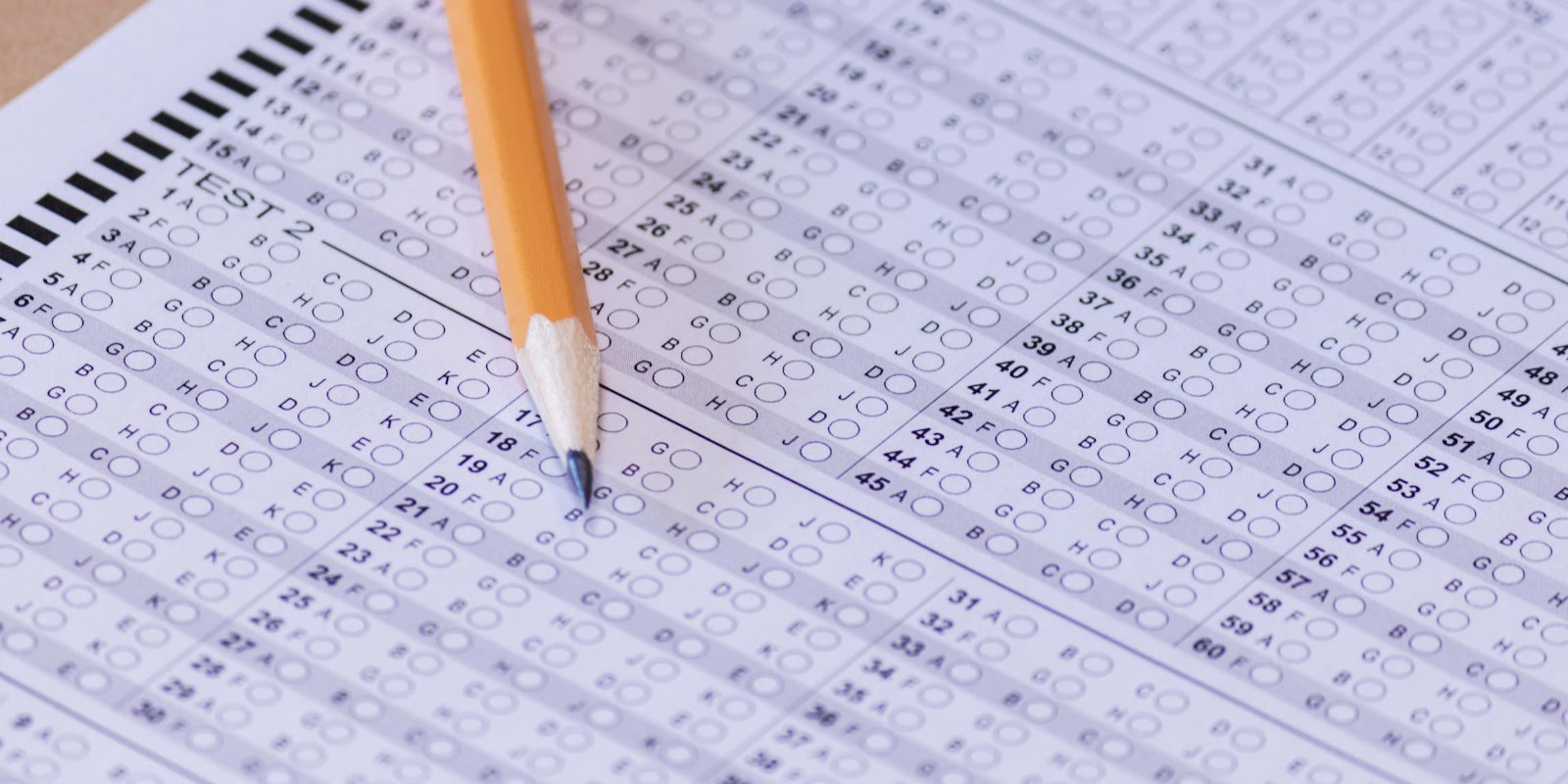A federal court in Ohio ruled yesterday that invasive digital surveillance of students while taking tests violates the Fourth Amendment’s protections against unreasonable search and seizures.
The case, brought against Cleveland State University by Aaron Ogletree, could set a new precedent for what schools and universities can do to monitor students while distance learning.
According to the suit, Cleveland State used e-proctoring services Respondus and Honorlock, which allow proctors to conduct room scans before students took tests at home. Ogletree said that in 2021, he was unable to enroll in in-person learning and that when he was taking a chemistry remote test, he was given a scan of his bedroom. He said at the time, he had tax documents laying around that he’d wished to keep private.
Ogletree sued Cleveland State, saying that the search “violated his rights under the Fourth Amendment.”
In their decision, the court notes that Ogletree is one of the first people to ever object to a digital room scan, but just because scans have become a routine procedure in the wake of the COVID-19 pandemic does not mean that they are unreasonable.
“Though schools may routinely employ remote technology to peer into houses without objection from some, most, or nearly all students, it does not follow that others might not object to the virtual intrusion into their homes or that the routine use of a practice such as room scans does not violate a privacy interest that society recognizes as reasonable, both factually and legally. Therefore, the Court determines that Mr. Ogletree’s subjective expectation of privacy at issue is one that society views as reasonable and that lies at the core of the Fourth Amendment’s protections against governmental intrusion.”
In its ruling, the court said that: “Though the intrusion in this case was not physical, the same principles protecting the sanctity of the home apply to a visual intrusion conducted through remote technology” and ruled that “Mr. Ogletree’s privacy interest in his home outweighs Cleveland State’s interests in scanning his room.”
In a statement, Ogletree’s lawyers said that, “If there is any place where students have a reasonable expectation of privacy, it’s inside their homes. [Cleveland State’s] warrantless webcam searches of student homes tramples that fundamental privacy right. The Framers would have recoiled at the idea of a school official physically entering a student’s home without a warrant to preemptively search for evidence the student might cheat on a test.”
Although the case only focused specifically on room scans, and not other elements of eproctoring and digital surveillance of students, it’s possible that the case could open up schools to new restrictions on monitoring during distance learning.
In an email to the Daily Dot, Cleveland State said that: “As directed by the Court, Cleveland State University’s counsel will confer with Mr. Ogletree’s counsel on appropriate next steps. Ensuring academic integrity is essential to our mission and will guide us as we move forward. While this matter remains in active litigation, we are unable to comment further.”
This post has been updated with comment from Cleveland State.


